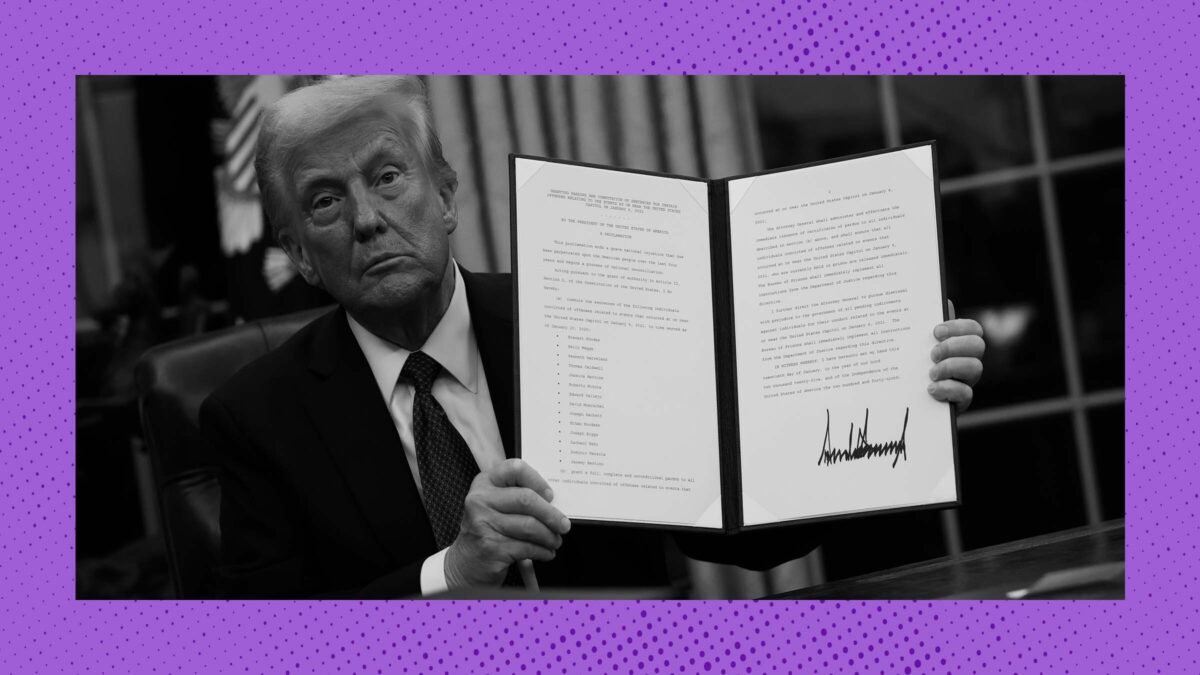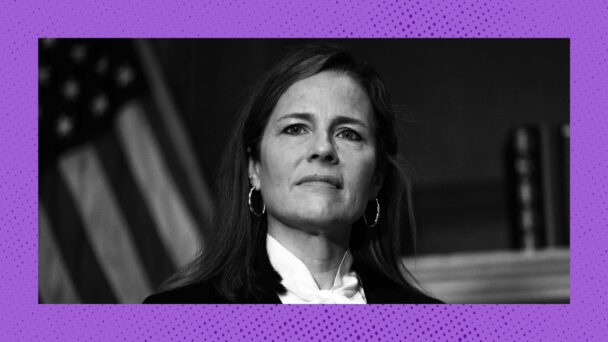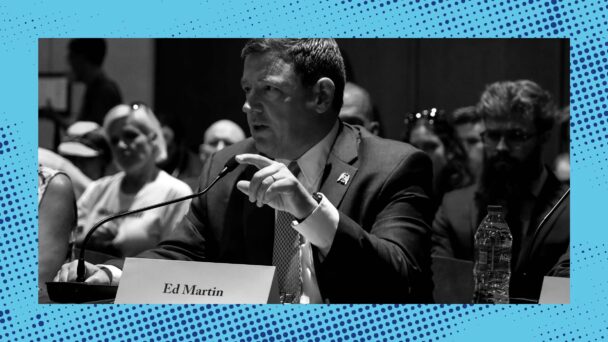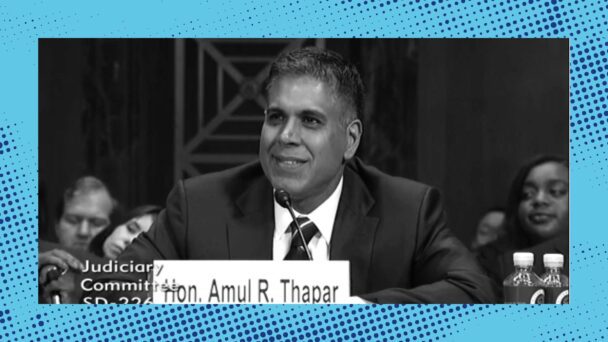On Monday, the Department of Justice filed a misconduct complaint against U.S. District Court Chief Judge James Boasberg for the offense of telling colleagues that some judges worried the Trump administration would violate court orders. According to the DOJ, his private comments “eroded public confidence in the judiciary.”
The complaint comes on the heels of The Federalist reporting on a memorandum recapping the March 2025 meeting of the Judicial Conference, the national policymaking body for federal courts. According to The Federalist, the memo states that at this judges-only event, Boasberg “raised his colleagues’ concerns that the Administration would disregard rulings of federal courts leading to a constitutional crisis.” The Federalist contended that these comments revealed an inexcusable “anti-Trump bias” and “clear disregard for the presumption of regularity—a presumption that requires a court to presume public officials properly discharged their official duties.”
The DOJ then said the same. “Federal courts must begin from a presumption of regularity—the settled doctrine that executive officials have properly discharged their official duties absent clear evidence otherwise,” reads the complaint, signed by Chad Mizelle, who is the chief of staff to Attorney General Pam Bondi. “By predicting non-compliance, Judge Boasberg turned that presumption on its head, contradicting both the evidence of past compliance and the governing law.”
A recent Washington Post analysis shows that the Trump administration has defied roughly one-third of rulings against it. Among the disobeyed directives is an order Boasberg issued a couple days after the Judicial Conference, instructing the administration to stop secretly renditioning American residents to El Salvador’s Terrorism Confinement Center.
Mizelle and The Federalist got one thing right: The “presumption of regularity” does refer to the notion that courts should assume public officials are lawfully discharging their duties. But as the Supreme Court put it twenty-odd years ago, “the presumption perhaps is less a rule of evidence than a general working principle.” It is also nigh impossible to reconcile with an executive branch that is openly contemptuous of the law and brimming with people who find it easier to lie than to breathe. To the extent that Trump was ever entitled to a presumption of regularity, he has forfeited it. Courts should regard both the president and the administration’s invocations of the presumption with skepticism.
The exact contours of the doctrine are nebulous, and it may not apply here to begin with. Historically, it has been used to fill small gaps in evidentiary records in a given case—for example, in a 2001 case that involved disciplinary action against a Postal Service employee, the court presumed that the agency’s underlying process for reviewing alleged misconduct was fair. The presumption does not, in other words, require judges to assume that the government will always behave perfectly. Nor does it prevent judges from discussing interbranch constitutional challenges with their colleagues behind closed doors.
To justify this novel application of the principle to out-of-court conversations, the DOJ’s complaint points to United States v. Chemical Foundation, a 1926 case in which the federal government sued to set aside its sale of various patents to a private company. In that case, the government argued in part that the sales were “procured through the fraudulent deception” of the president and other government officials. But the Court figured it was safe to presume the officials knew what they were doing and “acted upon knowledge of the material facts,” and declined to invalidate the sales.
Basically, in Chemical Foundation, the Court decided that if it heard hoofbeats, it would assume horses and not zebras unless given reason to do otherwise. The DOJ’s complaint is thus attempting to transform a principle about rebuttable inferences in court cases into insulation from even private critique.
The Trump administration has tried to use Chemical Foundation to avoid scrutiny before. On appeal in Trump v. Hawaii, the 2018 case about Trump’s Muslim ban, the Justice Department complained that it was inappropriate for the lower court to take note of Trump’s comments at the signing ceremony, at which Trump had read the formal title aloud—“Protecting the Nation From Foreign Terrorist Entry into the United States”—and then said, “We all know what that means.”
Challengers to the Muslim ban suggested this showed the policy was not actually motivated by national security, and the government objected strenuously. “At a bare minimum, the presumption of regularity that attaches to all federal officials’ actions, as well as the respect due the head of a coordinate branch, should have foreclosed the Fourth Circuit from invalidating a presidential proclamation based on an uncharitable interpretation of an offhand, six-word comment made in connection with a prior directive,” said the DOJ’s brief.
Then and now, the Trump administration treated the presumption of regularity as an all-encompassing permission slip. With slip in hand, Trump argues, no one can look at his actions too closely, speak about him too harshly, or judge him at all. Such an expansion of the presumption is especially dangerous in a time that is far from “regular”—when the government is summarily sending people to be tortured abroad and suing anyone, up to and including judges, who get in its way. The DOJ’s complaint pays lip service to the idea of accountability for Boasberg, but its actual goal is plainly to bully the judiciary into submitting to Trump’s authoritarian rule.






